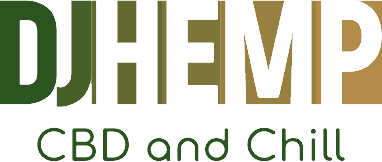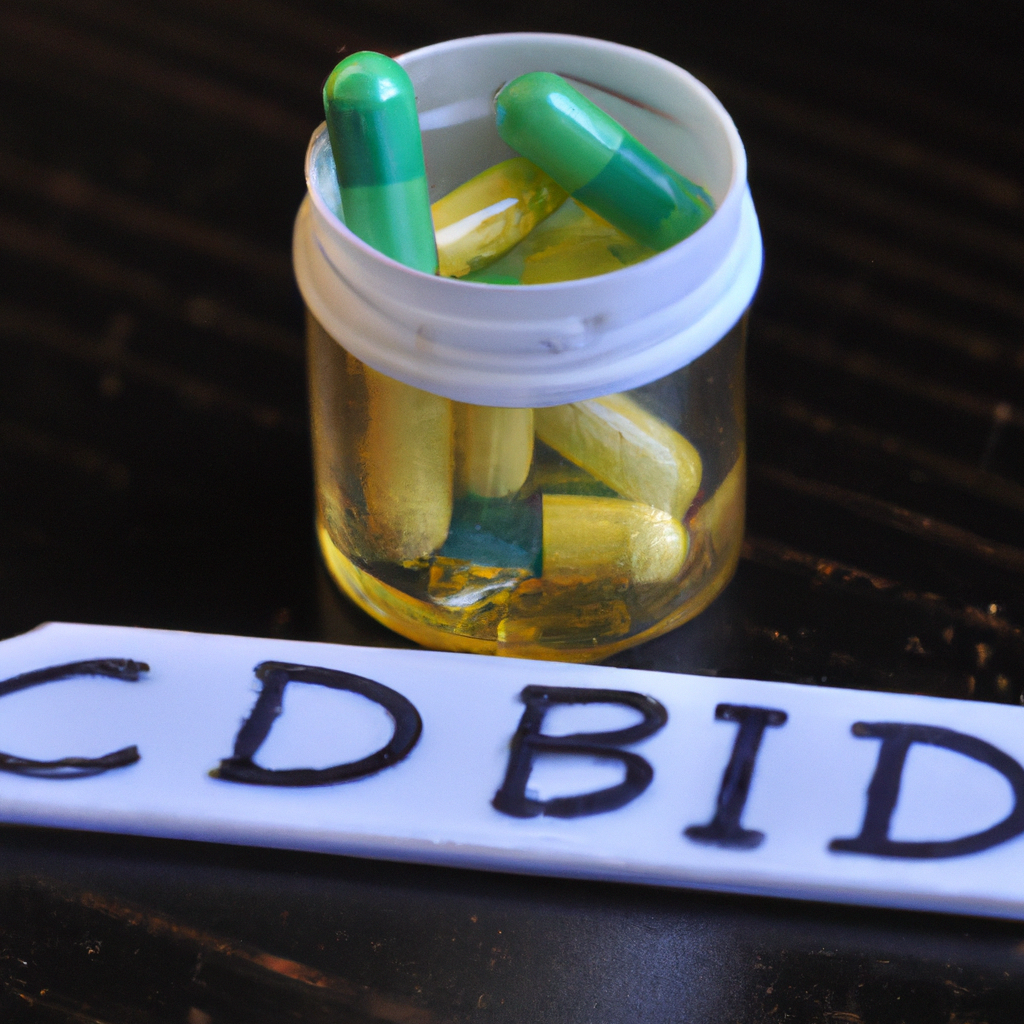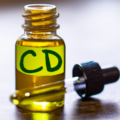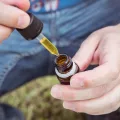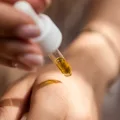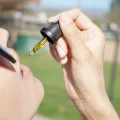Introduction
CBD (cannabidiol) is a non-psychoactive compound found in the cannabis plant that has been gaining widespread popularity for its various health benefits.
CBD is available in various forms, including oils, capsules, topicals, and gummies.
However, determining the right dosage can be a challenge for beginners.
Finding the optimal CBD dosage is crucial to experience the full benefits of CBD without any adverse side effects.
In this quick guide, we will explore the factors that affect CBD dosage and provide tips to optimize your CBD dosage.
Factors that Affect CBD Dosage
CBD dosage can vary depending on various factors, including:
-
Body weight: A person’s body weight plays a significant role in determining the appropriate CBD dosage.
Generally, heavier individuals require higher doses of CBD than lighter individuals.
-
Tolerance: Tolerance refers to the body’s ability to adapt to CBD over time.
Individuals who have been using CBD for an extended period may require higher doses to experience the same effects.
-
Severity of the condition: The severity of the condition being treated can also influence the CBD dosage. Individuals with severe conditions may require higher doses to experience relief.
-
Method of consumption: The method of CBD consumption can also affect the dosage.
For instance, CBD oil consumed sublingually (under the tongue) has a higher bioavailability than CBD consumed orally.
Optimizing Your CBD Dosage
Now that we understand the factors that affect CBD dosage let’s explore some tips to optimize your CBD dosage.
-
Start low and go slow: It’s essential to start with a low dosage and gradually increase it until you find the optimal dosage that works for you.
Starting low helps you avoid adverse side effects and allows your body to adjust to CBD.
-
Consult with a healthcare professional: If you’re unsure about the right dosage, consult with a healthcare professional who can provide personalized recommendations based on your health history and current medications.
-
Consider the method of consumption: The method of CBD consumption can affect the dosage.
For instance, if you’re consuming CBD oil sublingually, you may require a lower dosage than if you’re consuming CBD gummies orally.
-
Keep a journal: Keeping a journal of your CBD consumption can help you track your dosage and its effects.
You can note down the dosage, method of consumption, and the effects you experienced.
-
Be patient: CBD can take some time to show its effects.
It’s essential to be patient and consistent with your dosage to experience the full benefits of CBD.
Main Section(s)
Section 1: How to Calculate Your CBD Dosage
Calculating your CBD dosage can be a challenge, especially if you’re new to CBD. Here’s a simple formula to calculate your CBD dosage:
CBD Dosage (in mg) = Bodyweight (in lbs) x 0.25mg
For instance, if you weigh 150 lbs, your CBD dosage would be:
150 lbs x 0.25mg = 37.5mg
This formula provides a general guideline for calculating your CBD dosage based on your body weight.
However, it’s essential to start with a low dosage and gradually increase it until you find the optimal dosage that works for you.
Table 1: CBD Dosage Calculator
| Body Weight (lbs) | CBD Dosage (mg) |
|---|---|
| 100 | 25 |
| 150 | 37.5 |
| 200 | 50 |
| 250 | 62.5 |
| 300 | 75 |
Section 2: Understanding CBD Concentrations
CBD products come in various concentrations, and understanding CBD concentrations is crucial to determine the appropriate dosage.
CBD concentrations are typically listed in milligrams (mg) per milliliter (ml) of oil.
For instance, a 30ml bottle of CBD oil with 1000mg of CBD would contain 33mg of CBD per ml (1000mg/30ml=33mg/ml).
Table 2: CBD Concentration Guide
| CBD Concentration (mg/ml) | Recommended Dosage (mg) |
|---|---|
| 10 | 1-5 |
| 20 | 2-10 |
| 30 | 3-15 |
| 40 | 4-20 |
| 50 | 5-25 |
Conclusion
Finding the optimal CBD dosage is crucial to experience the full benefits of CBD without any adverse side effects.
Factors that affect CBD dosage include body weight, tolerance, severity of the condition, and method of consumption.
To optimize your CBD dosage, start low and go slow, consult with a healthcare professional, consider the method of consumption, keep a journal, and be patient.
FAQ
Q1. Can you overdose on CBD?
A: CBD is generally considered safe and non-toxic.
However, taking extremely high doses of CBD may cause adverse side effects such as nausea, dizziness, and fatigue.
Q2. Is CBD legal?
A: CBD derived from hemp is legal under federal law, provided it contains less than 0.3% THC.
However, CBD laws vary by state, so it’s essential to check your state’s laws before purchasing CBD.
Q3. Can I consume too much CBD?
A: Consuming high doses of CBD may cause adverse side effects such as nausea, dizziness, and fatigue.
It’s essential to start with a low dosage and gradually increase it until you find the optimal dosage that works for you.
Q4. Can CBD interact with other medications?
A: CBD can interact with certain medications, including blood thinners, antidepressants, and antipsychotics.
It’s essential to consult with a healthcare professional before using CBD if you’re taking any medications.
Q5.
How long does it take for CBD to show its effects?
A: The effects of CBD can vary depending on the method of consumption and the individual’s body chemistry.
Generally, it can take anywhere from 15 minutes to 2 hours for CBD to show its effects.
Q6.
Can I give CBD to my pets?
A: Yes, CBD can be given to pets, but it’s essential to consult with a veterinarian to determine the appropriate dosage and method of consumption.
I am a CBD enthusiast and creator of DJ Hemp who has made it my mission to enlighten the world about the cannabis industry through thought-provoking literary works.
I have successfully fostered an open-minded, inquisitive community that is eager to learn more about the potential benefits of CBD.
Contact me at [email protected] for assistance.
